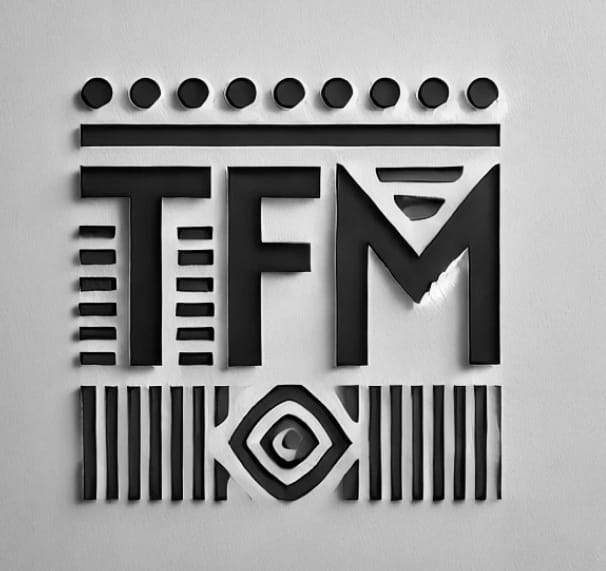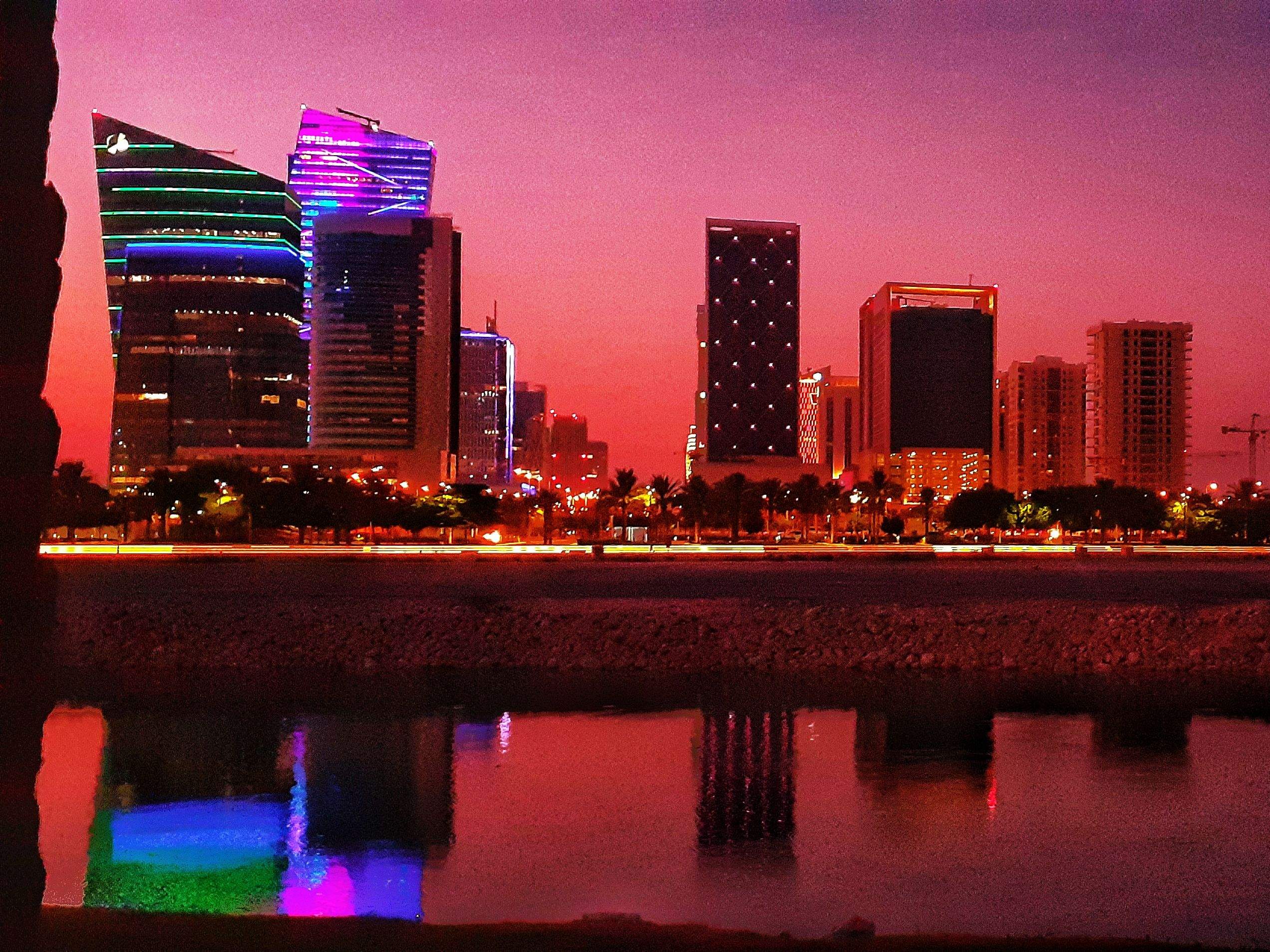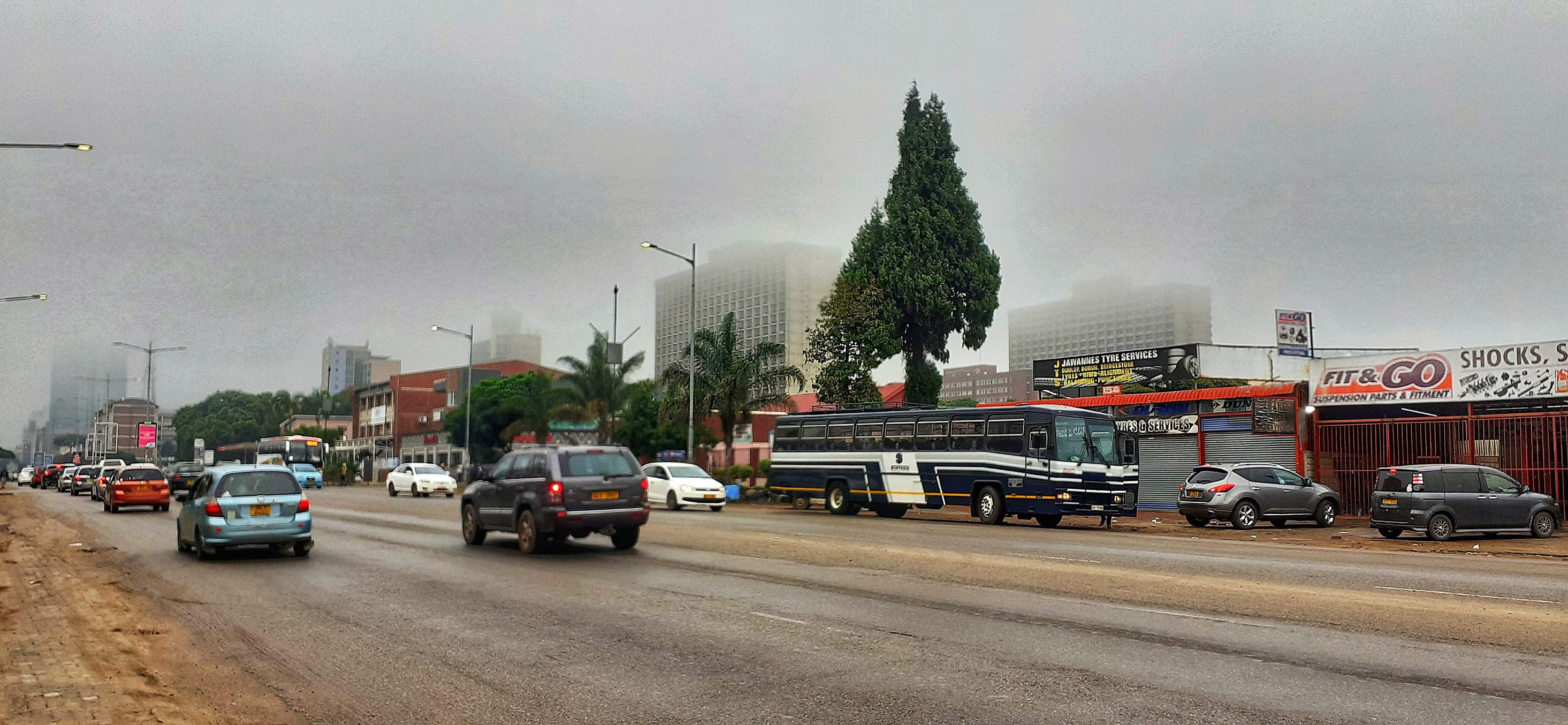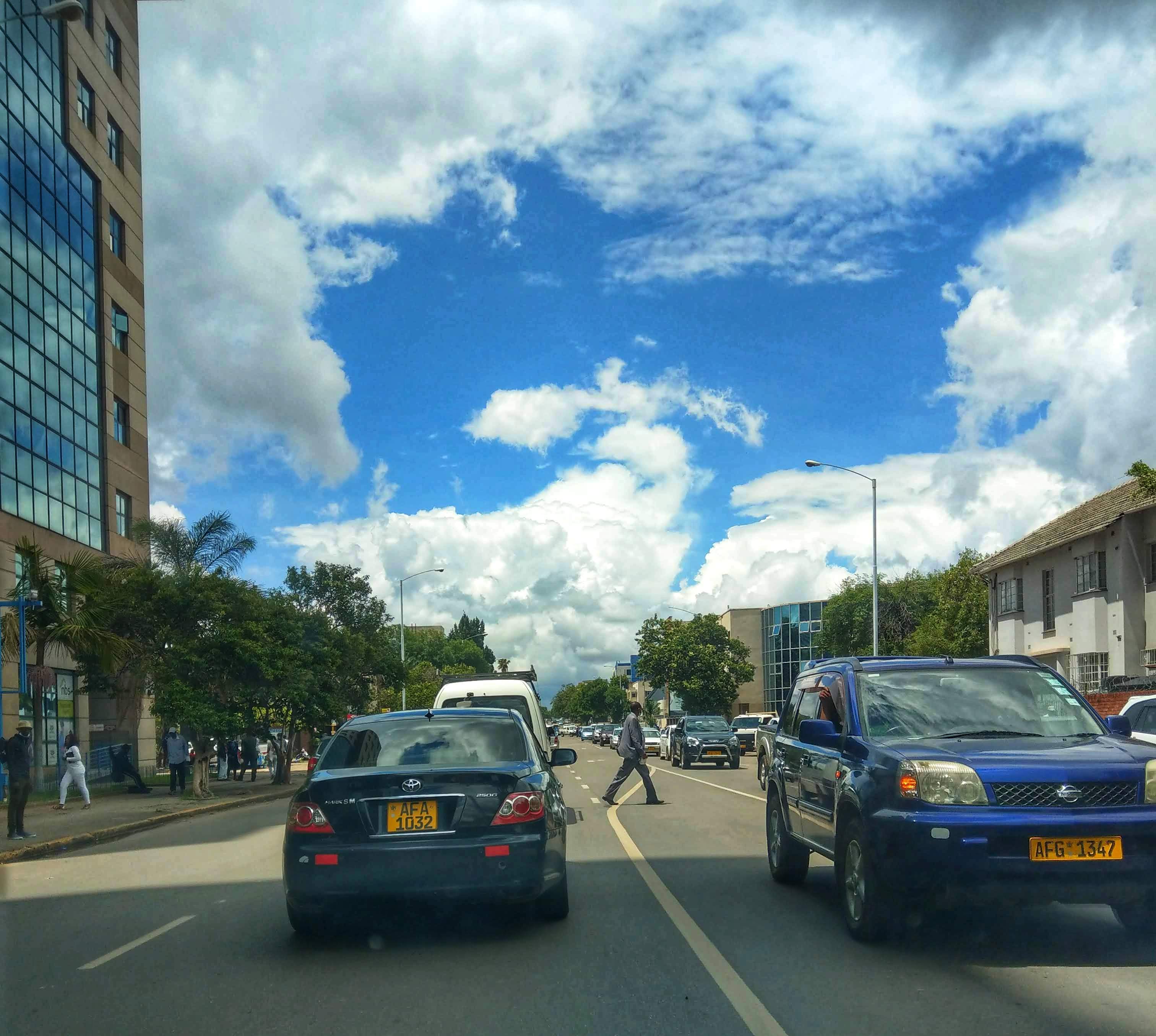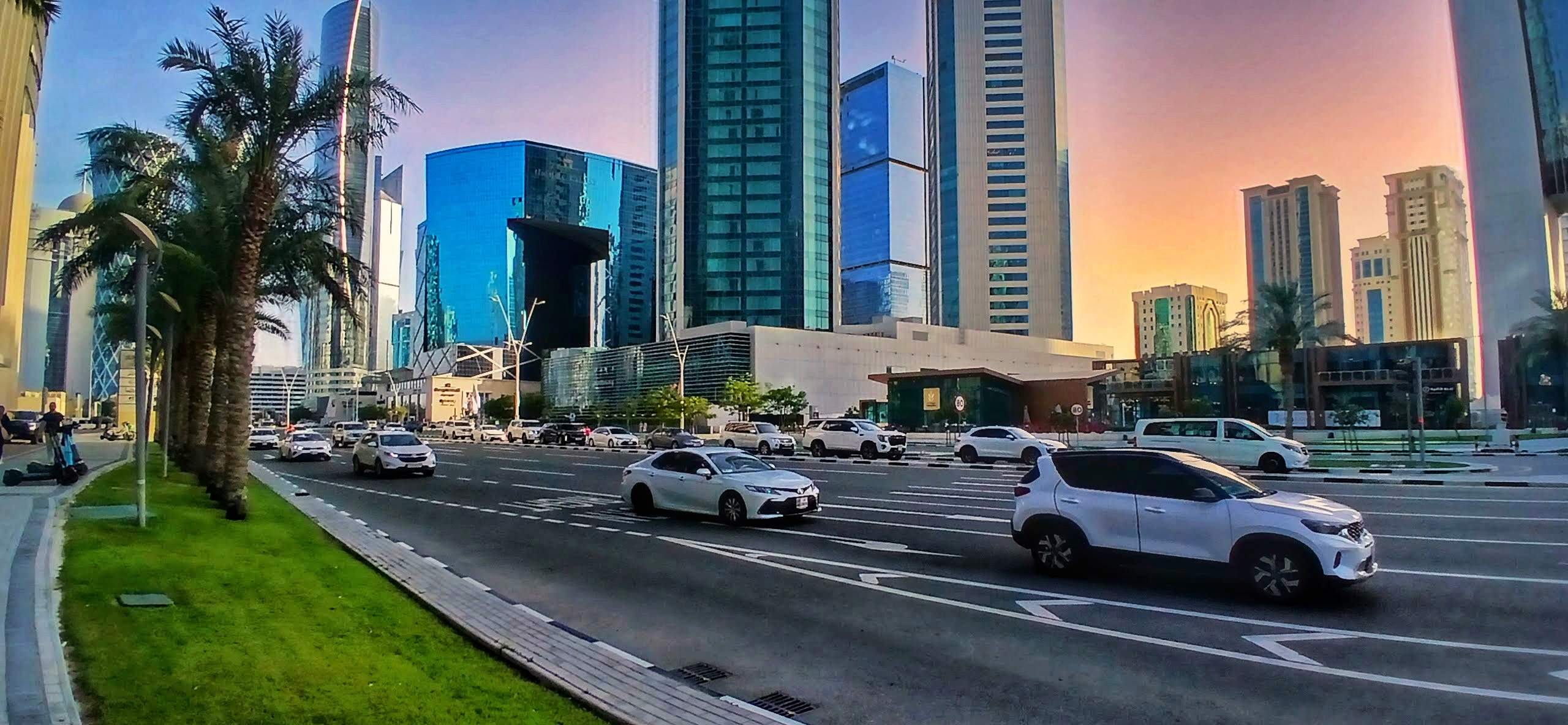The Art of Efficiency: How I Learned to Thrive in Two Worlds
It’s a city that never sleeps, a place where the streets are always buzzing with activity. From the crack of dawn, you’re on the move—dealing, meeting, hustling, buying, eating, socializing. The energy is infectious, but it’s also exhausting. If you’re not careful, you can spend the entire day running around without achieving anything meaningful. And in a city where every dollar counts, that’s a risk you can’t afford to take.
This was the environment I spent most of my time in. It demanded my attention, my energy, and my time. But it also taught me some of the most valuable lessons about efficiency and balance.
In Harare, efficiency isn’t just a nice-to-have—it’s a survival skill. I remember days when I’d start my morning with a long list of tasks: procuring ingredients, meeting with suppliers, coordinating deliveries, and managing orders. By midday, I’d already be drained, but the city’s relentless pace wouldn’t let me stop.
One particular day stands out in my memory. I had taken on a massive catering order. I thought I could handle it all in one day—procuring frozen chickens, defrosting them, cleaning, brining, and grilling—while also managing my regular orders. But by the end of the day, the quality of my food had suffered. The grilled chicken, usually tender and flavorful, was dry and bland. Orders were late, and I was left feeling defeated.
That experience was a wake-up call. I realized that in a city like Harare, where the demands are constant and the stakes are high, efficiency isn’t about doing more in less time; it’s about doing the right things at the right time, with the right energy.
When I moved to Qatar, I expected things to be different. After all, Doha is a well-developed metropolis with world-class services for just about everything. But what I quickly realized is that while the environment was different, the demands were the same.
In Doha, the pace is just as relentless, if not more so. The city demands your attention, your time, and your energy. If you’re not careful, you can easily find yourself constantly exhausted, running from one meeting to the next, one task to the next, without ever feeling like you’ve accomplished anything.
But here’s the thing: whether you’re in Harare or Doha, the principles of efficiency remain the same. The tools and strategies I developed in Harare became my lifeline in Doha.
In both cities, I learned that efficiency starts with understanding your energy. In Harare, I had to be strategic about how I spent my time and energy. I started planning my day the night before, identifying high-energy tasks and scheduling them during my peak hours. Low-energy tasks were reserved for later in the day.
In Doha, I applied the same principles. I noticed that I had bursts of energy in the morning and early afternoon, but by late afternoon, I was drained. Instead of fighting against this, I worked with it. I scheduled high-intensity tasks during my peak hours and saved low-energy tasks for later.
I also learned the importance of breaking tasks into smaller, manageable steps. In Harare, this meant breaking down a catering order into smaller components: procurement, preparation, and delivery. In Doha, it meant breaking down a complex project into research, planning, and execution.
Perhaps the most important lesson I’ve learned is the value of mindfulness. In Harare, I found mindfulness in the kitchen. The process of chopping vegetables, seasoning meat, and simmering sauces required focus and presence. It was my way of slowing down in a city that never stopped.
In Doha, I’ve found mindfulness in different ways—whether it’s through slow-tempo music, meditation, or simply taking a few minutes to breathe deeply and focus on the task at hand. These small moments of mindfulness have been crucial in helping me stay grounded and focused, no matter how hectic the day gets.
Both Harare and Doha have taught me that efficiency isn’t just about productivity—it’s about balance. In Harare, I learned to set boundaries between work and personal life. I scheduled time for rest, meditation, and hobbies, and I reminded myself that it’s okay to say no.
In Doha, I’ve continued to prioritize balance. I make it a point to set aside time for self-care, whether it’s through exercise, reading, or spending time with my partner. I’ve also learned to embrace flexibility and let go of perfectionism.
Lessons for You
If there’s one thing I want you to take away from my story, it’s this: efficiency is a skill, not a trait. It’s something you can learn and improve over time, no matter where you are. Here are a few actionable tips to get started:
Listen to Your Body: Identify your energy peaks and plan your day around them.
Break Tasks Down: Divide big projects into smaller, manageable steps.
Seek Knowledge: Don’t be afraid to research, ask for help, or learn new skills.
Practice Mindfulness: Stay present and focused, even when things get hectic.
Prioritize Balance: Remember that efficiency isn’t just about work—it’s about living a fulfilling life.
